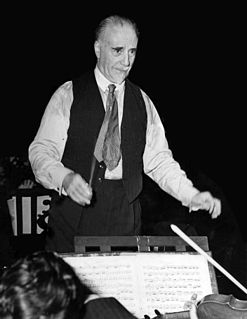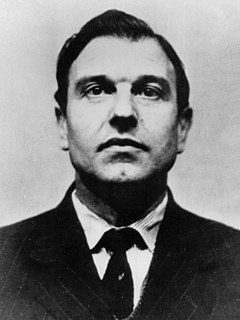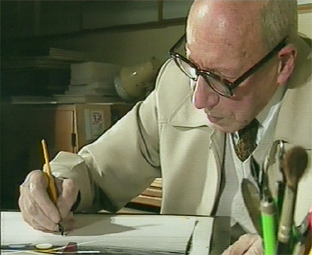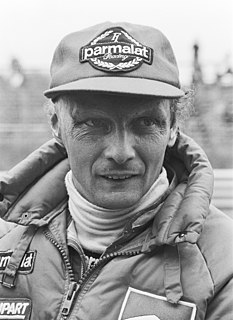A Quote by Marcus Tullius Cicero
No one dies too soon who has finished the course of perfect virtue.
Related Quotes
I do not hesitate to say that the road to eminence and power, from an obscure condition, ought not to be made too easy, nor a thing too much of course. If rare merit be the rarest of all things, it ought to pass through some sort of probation. The temple of honor ought to be seated on an eminence. If it be open through virtue, let it be remembered, too, that virtue is never tried but by some difficulty and some struggle.
But who does not see that the work goes beyond the one who created it? It marches before him and he will never again be able to catch up with it, it soon leaves his orbit, it will soon belong to another, since he, more quickly than his work, changes and becomes deformed, since before his work dies, he dies.
Sorrow and happiness are the heresies of virtue; joy and anger lead astray from TAO; love and hate cause loss of virtue. The heart unconscious of sorrow and happiness - that is perfect virtue. One, without change - that is perfect repose. Without any obstruction - that is the perfection of the unconditioned. Holding no relations with the external world, - that is perfection of the negative state. Without blemish of any kind, - that is the perfection of purity.











































